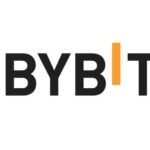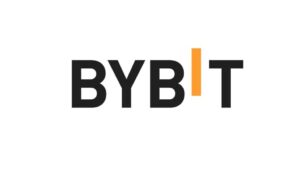As the name suggests, renewable energy trading involves trading electricity and power obtained from renewable energy and its commodities. We get renewable energy from sources such as solar, hydro, wind, biofuels, etc.
Renewable Energy in Qatar
For many decades, Qatar heavily relied on its abundant gas reserves for power generation. However, as part of the National Vision to achieve 20% non-gas energy by 2030, the country has begun working on energy diversification through investments in photovoltaic (PV) solar energy.
The generated power will be sold to Qatar General Electricity & Water Corporation (Kahramaa) through a 25-year purchase agreement. The initial phase of 350MW is slated to be connected to the grid in 2021, with the remaining 450MW expected to follow in 2022. At the end of the purchase agreement, Kahramaa takes ownership of the power plant.
Another renewable project worth mentioning is Tarsheed’s Green Car program. This project aims to capture a 20% market share of Electric Vehicles (EEVs by 2030. Kahramaa has introduced and tested the Tarsheed PV station for Energy Storage, representing Qatar’s first solar-powered charging station for electric vehicles.
Potentials of Blockchain in Qatar’s Renewable Energy Trading
Renewable energy is an ideal contender for blockchain integration. Below are some of the benefits of blockchain integration into Qatar’s renewable energy trading.
Decentralization
Blockchain technology makes it possible for renewable energy trading platforms to operate decentralized. The technology removes the need for middlemen, reducing customers’ costs. Also, the decentralization nature of blockchain allows individual consumers and renewable energy producers to engage directly in peer-to-peer energy trading.
Smart Contracts
Smart contracts exist within blockchain technology. These contracts automate and streamline the process of energy trading. Smart contracts on blockchain platforms automatically execute transactions when predefined conditions are met.
Transparency and Traceability
Blockchain enables transparent and immutable records of energy transactions. This provides access to accurate and up-to-date information to all parties involved. This transparency builds trust among participants and allows for the traceability of renewable energy from its source to its end consumers.
Market Efficiency
Blockchain-based renewable energy trading platforms can improve market efficiency. Market efficiency comes from blockchain’s ability to match energy supply and demand in real-time. Through decentralized energy exchanges, customers can access a wider range of renewable energy sources. Hence, they can choose the most cost-effective and environmentally friendly options.
Data Security
Blockchain’s cryptographic features ensure the security and integrity of energy trading data, protecting against unauthorized access and tampering. This enhances data privacy and confidentiality, crucial considerations in the renewable energy sector where sensitive information is exchanged between multiple parties.
Final Words
Renewable energy is a growing field in Qatar. Blockchain technology can help simplify processes in renewable energy trading in the Arab country.




























